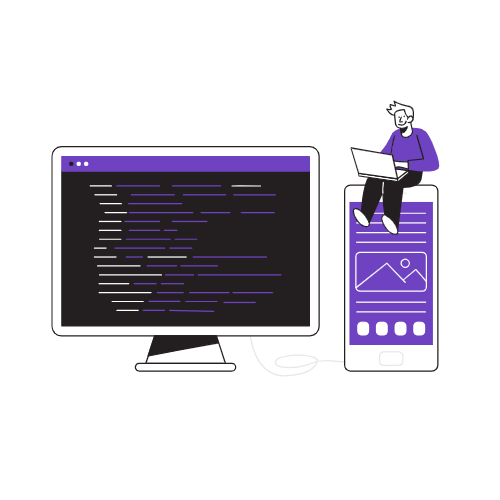可能考点
情态动词
| 情态动词 | 原型 | 过去 | 否定 |
|---|---|---|---|
| can | could | could not | 能 |
| may | might | might not | 可以,也许 |
| must | must | must not | 必须(主观上) |
| have to | had to | had not to | 必须(客观上) |
| need | needed | need not to | 需要 |
| shall | should | should not | 应该 |
| dare | dared | dare not | 敢于 |
| will | would | would not | 希望 |
基本用法
表能力
- can ,could , could have done
表请求,允许,允诺:
- can, could , shall , may , might , will , would
表必要性:
- must + 动词原型(表现在或者将来)
- don’t have to do don’t need to needn’t do (表现在或者将来 不必做的某事)
- should (找道理) 应该, 语气会逼must 弱
表推测
- 具体事情实际发生的可能性层次比较
原型 肯定式 否定式 must 必然的 will 很有可能,大概 不会,不该 会吗? would 可能性比will较小 语气比 won’t 语气逼will 弱 should 理想情况和结果 ought to 应该 can 可能 不可能 有可能么 could 可疑问的可能 不可能 语气比can 弱 may 或许; 也许; 也可能; 也许不定 可能不 might 比may 弱 may bot 弱 <++> - 表具体事情发生可能性 : mustn’t 表不允许
- 表推测: might , could 表可能性 (不一定和过去时相关)
- should 表推测时 表确定或者可能有的未来或者期望(合乎情理)
倒装
部分倒装
否定词位于句首, 主句部分倒装
例词
Never - seldom——hardly(助/情态) 把陈述句变成一般疑问句
写作中利用
否定词句首,____写作(二)
not only … but also
**例句:
not only Raising pets can relieve/ease the loneliness of seniors but also cultivate the kindness of kids
**
All articles in this blog are licensed under CC BY-NC-SA 4.0 unless stating additionally.
Comment



